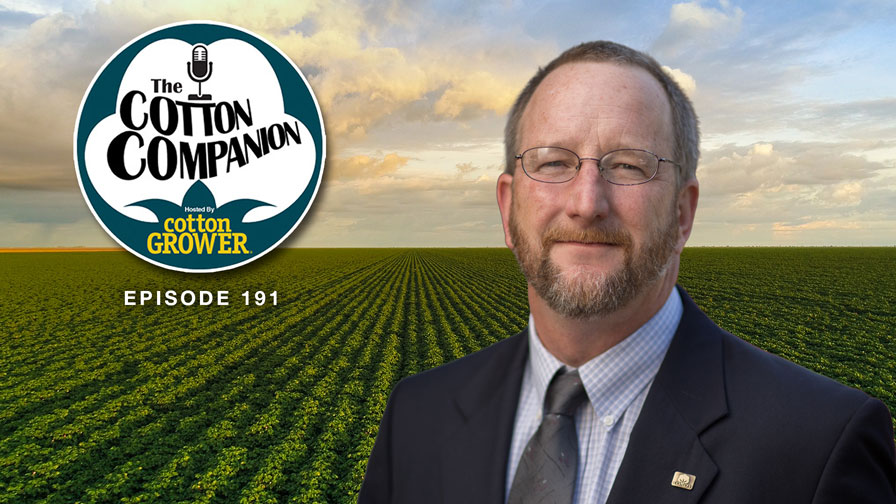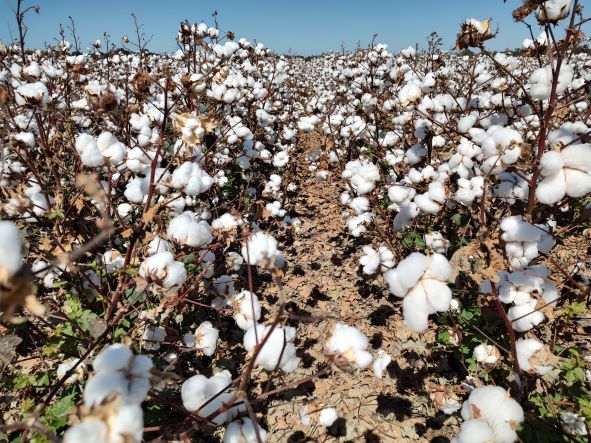Keeping Cotton in the Family
As many farm families already know, these aren’t the easiest of times to add a second generation to an operation. Between higher premiums on acreage, reduced credit lending and higher input costs, the timeless tradition of sons joining their fathers in the family business is quickly becoming a harder row to hoe.
But the Gathright family of Monette, AR, is proving that the transition can succeed in the 21st century, as long as those involved are willing to keep their options open when it comes to more progressive farming techniques.
Dennis, who has farmed on his own since 1973, recently brought his son Justin into the family business, and the two have formed a relationship that many families are finding beneficial.
“Dad relies on me to keep up with the technology. We make the big decisions together,” says Justin. “I guess he’s what you would call old school. I’m new school. I’ll make a suggestion and he’ll say, ‘well that’s not how we did it last year, or five years ago.’ Sometimes I have to talk him into the fact that the way we do things now is going to be a little different.”
The Gathwright’s farm is comprised of 3,400 acres in the Arkansas Delta, and they devote 100% of that land to growing cotton. Justin says the family is sticking with cotton, even through the tough times. The main reasoning behind that line of thought, Justin says, is that the family’s entire infrastructure is in the crop, and they feel it is still a viable option. With that in mind, the family is more than willing to invest in the cutting edge of farming techniques.
Straight Down the Row
“We use the John Deere RTK guidance systems, the sub-one-inch accuracy. There’s so much stuff you can do with it. We use it for putting our rows up. One of the advantages of using that system is the straighter rows. It helps with our early irrigation, and it really helps with driver fatigue. You can get more done in a day’s time because it really drives itself,” says Justin.
On the advice of their consultant, the Gathrights also take soil samples after every crop, making the next year’s fertilizer decisions based off of those samples. It was this type of willingness to experiment in their techniques that made the Gathrights a prime candidate for participation in the Bayer CropScience Cotton Agronomic Performance (CAP) Trials.
“My reaction (when approached by Bayer about the CAP trials) was that I was very interested, because it not only benefits me but everyone in this area to see what the varieties we will be planting in the future will do in our area,” Justin says. He noted that the Stoneville varieties have already paid dividends on his operation, as some early season stress revealed great vigor in the Stoneville varieties.
“We planted about 2700 acres of ST 4554B2RF, 400 acres of ST 4498B2RF, and 200 acres of ST 5458B2RF. The Stoneville varieties come out of the ground growing and they have proven themselves to us year after year,” Gathright says. “The grades are really good and the turnouts have been really good, too.”
While the current market is keeping the Gathrights’ operation, 2G Farms, Inc., from experimenting as much as they might like to, Justin says the family has no plans to switch to alternate crops in the coming year. With any luck, the Gathrights’ willingness to experiment with new techniques will continue to pay off as the market looks to rebound in the years ahead.









